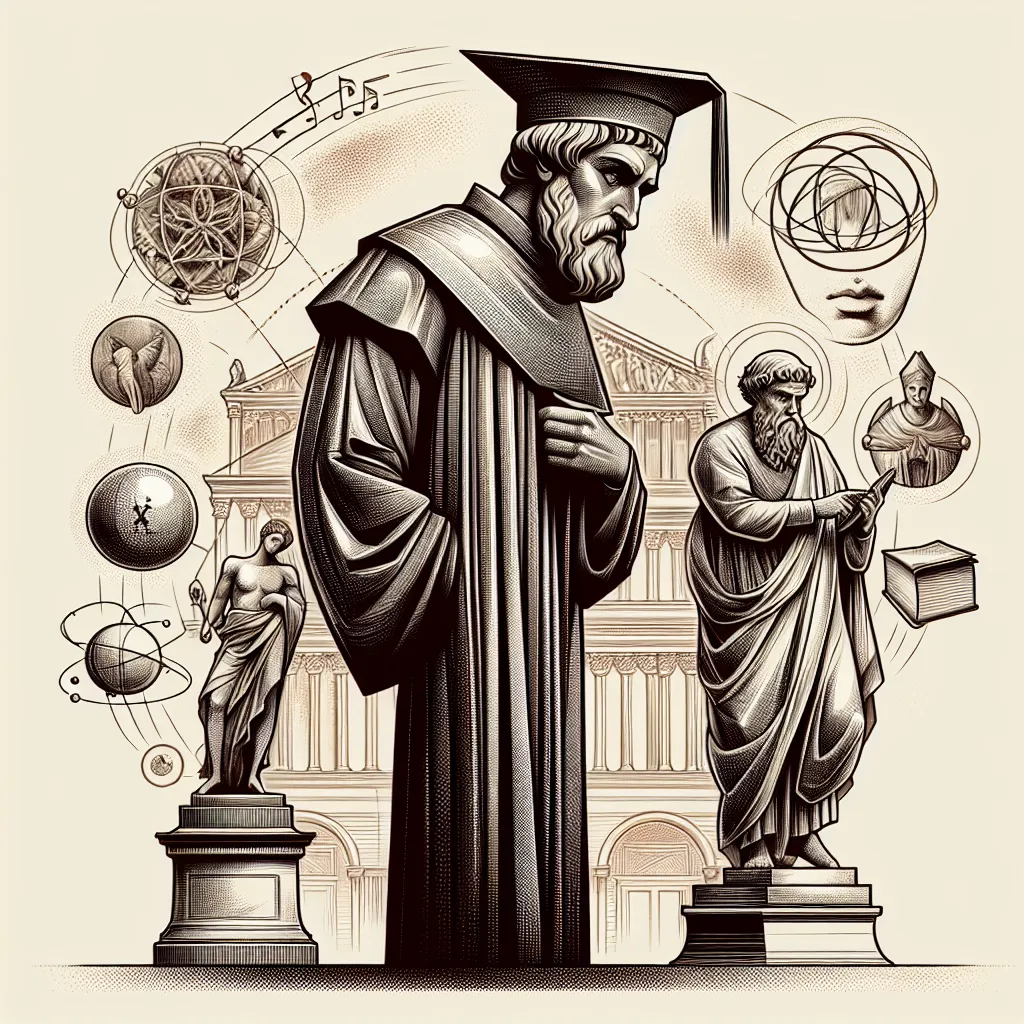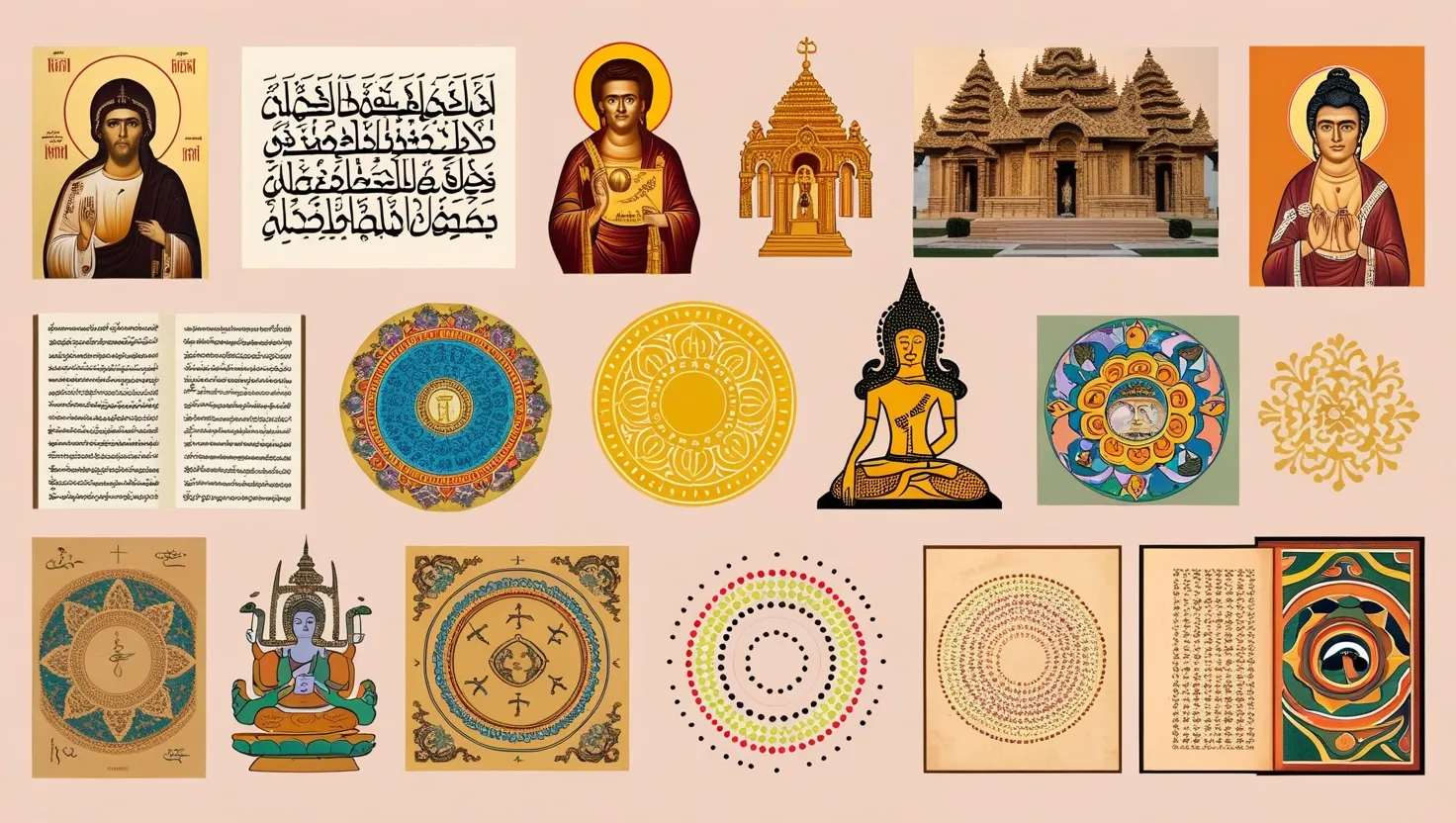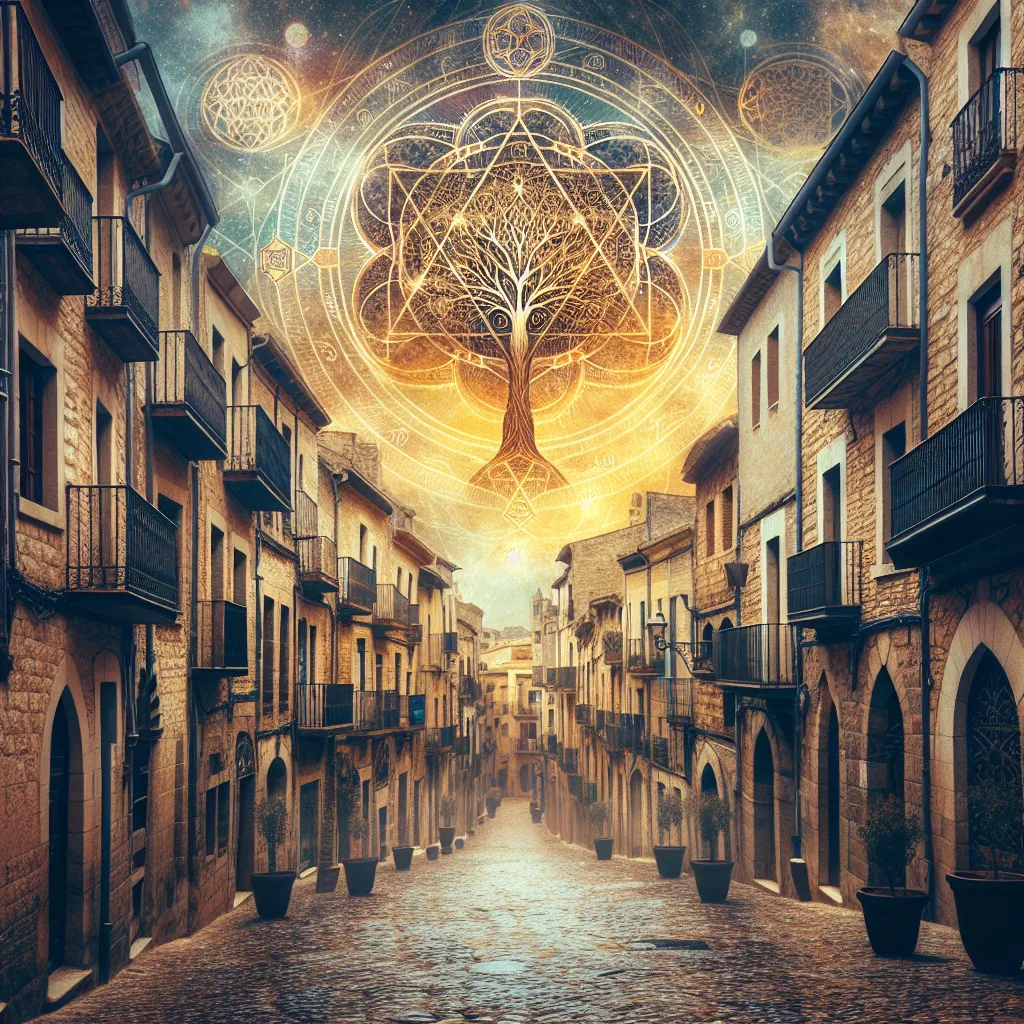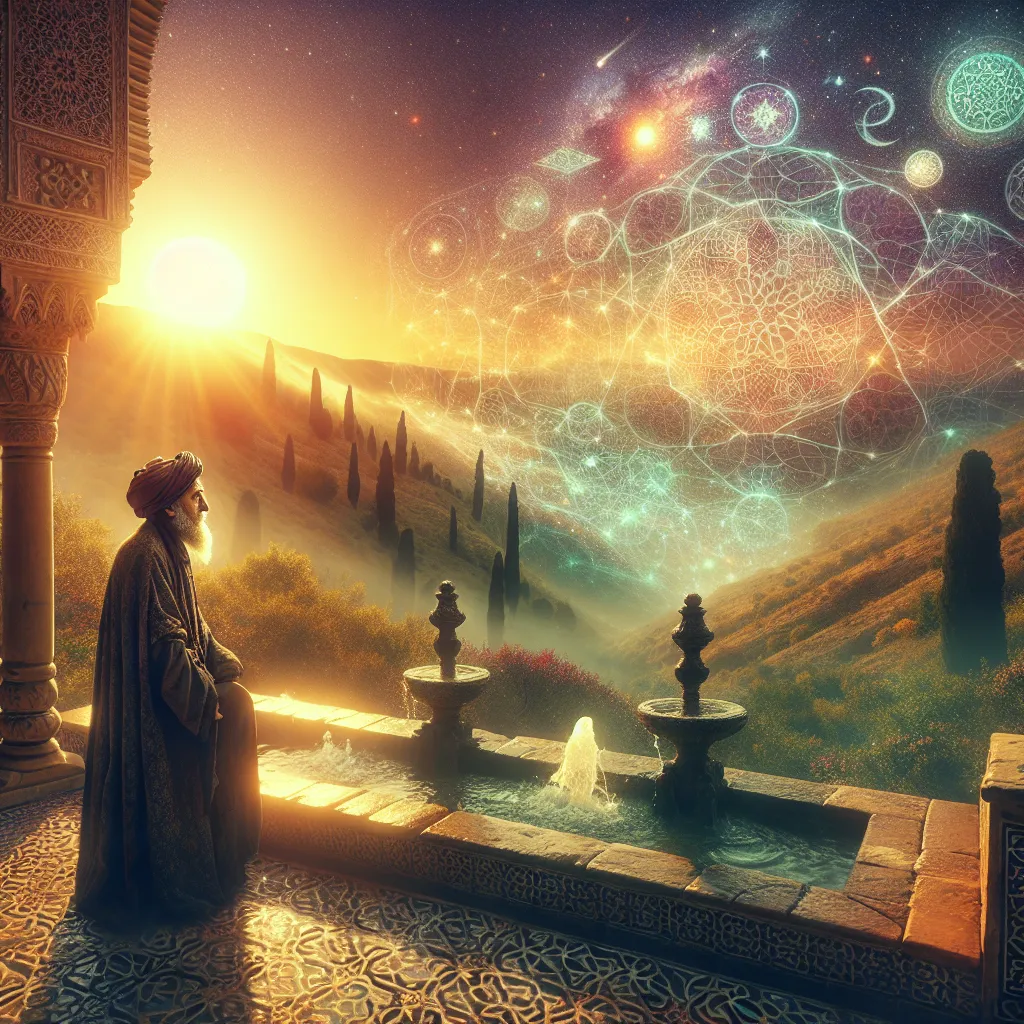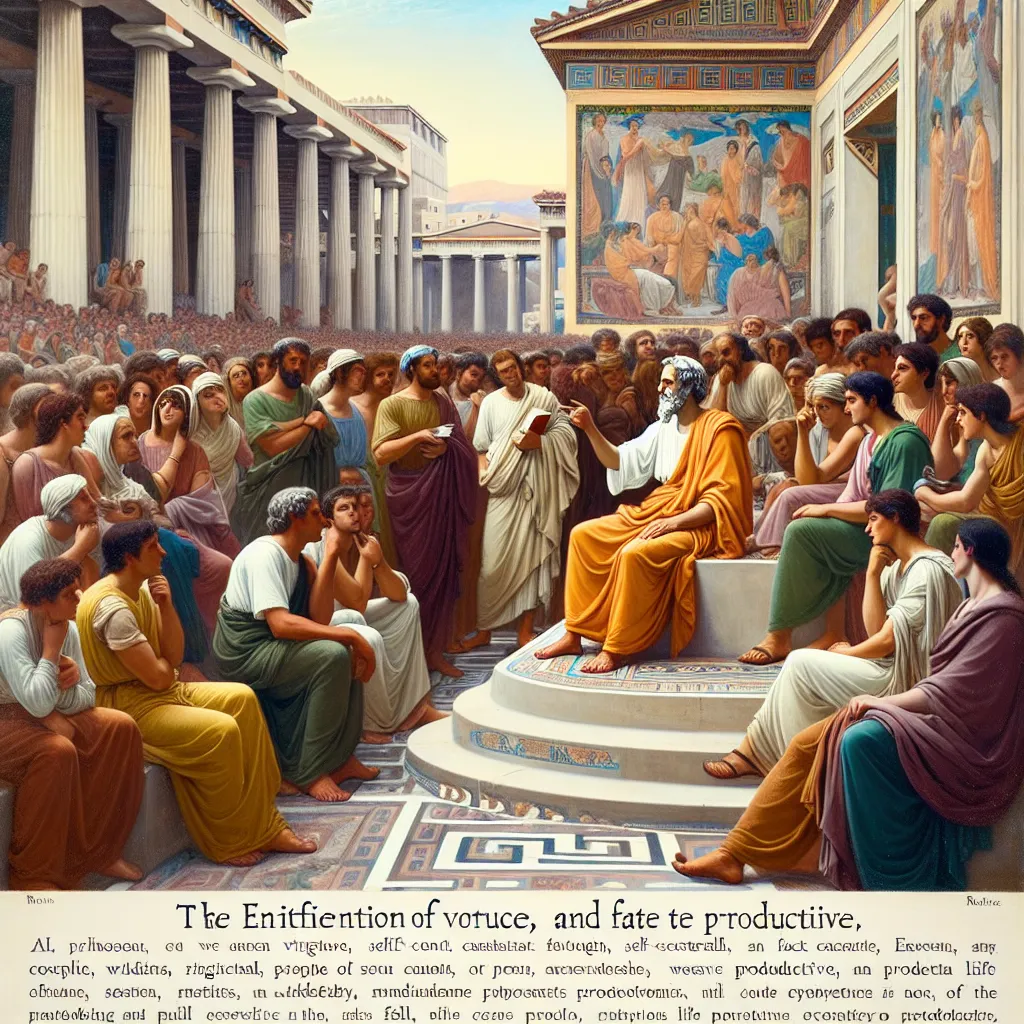Behind me stands a statue of Ibn Hazm, an iconic figure in Europe, known for writing “The Ring of the Dove.” This book, also known as “Theama,” is a deep dive into the topic of love. In the Islamic world, he’s celebrated equally, if not more, as a theologian and philosopher. He was also a key figure in the Zahiri school of law, which is pretty much extinct today.
The Zahiri school is a literalist approach to Islamic scripture. It relies strictly on primary sources to derive its laws and theology. Interestingly, Ibn Hazm’s ideas might come across as somewhat liberal. For instance, he didn’t believe women should be forced to veil their faces in public or be prohibited from entering mosques. He also thought music was permissible.
The fascinating part is that these liberal views stem from his literalist interpretations of religious texts. His unique approach shows that a strict adherence to scripture doesn’t necessarily lead to conservative conclusions. Rather, it can open up more progressive interpretations within Islamic law.
